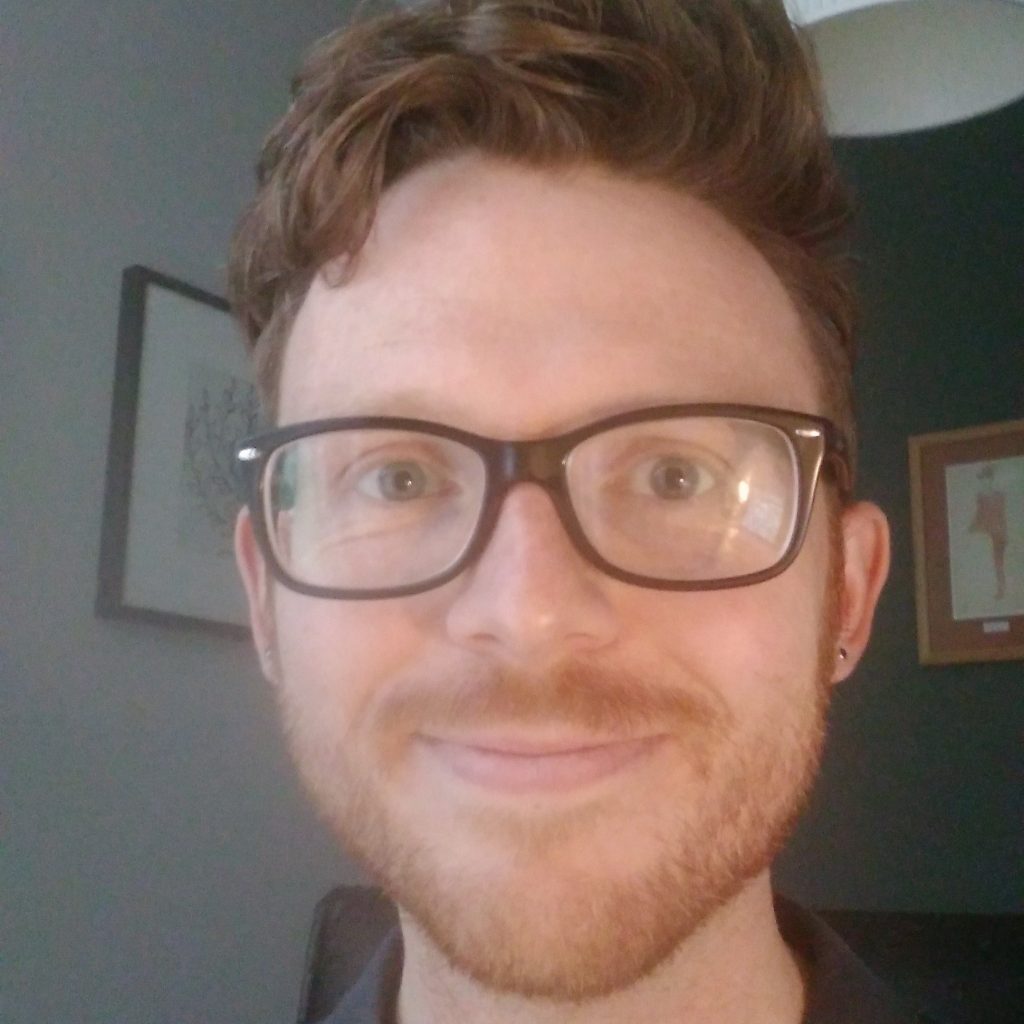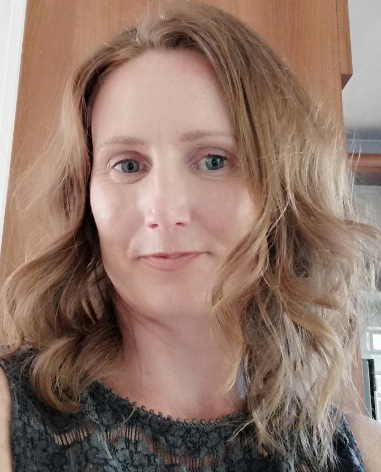
Accessibility week – Day 2
In learning and teaching, it’s crucial to ensure that everyone can access and engage with the materials we share. In this post, we’ll guide you through the fundamentals of document design that apply to various platforms such as Microsoft Word, Adobe PDF, and even Canvas pages.
Document Design Fundamentals
There are some key points of accessible document design that are true across all platforms, be it Microsoft Word, Adobe PDF, and even Canvas pages.
1. Text Headings
Use a hierarchy of headings such as:
- Title
- Heading 1
- Heading 2
- Heading 3 etc.
This enables ease of navigation for all users, as well as allowing screen readers to identify and describe the structure of a document.
2. Font and text
Use a minimum of font size 12 and 1.5 line spacing for Microsoft Word documents. When using lists use bullet points for items that aren’t sequential or numbered lists for sequential items.
Use Sans Serif fonts (e.g. Arial, Calibri) as they are more accessible. These fonts are well defined and regular in shape and size and display better on computers and mobile devices. Most popular font styles, like Tahoma or Arial, are accessible; opt for the most popular fonts rather than decorative ones.
It’s also best to keep your use of bold and italic text to a minimum.
3. Colour and Contrast
Do not use colour alone to convey meaning. If someone has a visual impairment, including colour blindness, the emphasis you’re trying to create by using colour will be lost. Additionally, when you use colours, please be mindful of the colour contrast. This means the colour contrast between background and foreground content should be great enough to ensure it is legible.
If you want to check if you contrast, you can visit WebAIM’s Color Contrast Checker website. (Links to an external site)
4. Alternative Text (Alt text)
Always use alternative text (or ‘alt text’) to provide a meaningful description of an image. Alt text allows screen readers and text-to-speech tools to read aloud the content of an image to the user.
Alt text should be clear and concise (1-2 sentences) and explain the relevant content of an image. Alt text is limited to 125 characters, so use that wisely and try to describe the key elements of the image.
If your graphic has text in it, this should be added to the alt text also.
If an image is there only for appearance, you can mark it as decorative. For example, In Microsoft Word, select the “Mark as decorative box” when the image is selected.
5. Use Tables for Data – Never for Layout
Tables can be great for organising information. However, if used incorrectly, they can be difficult for people to navigate using assistive technologies.
If you add a table to your document, be sure to use it for data and not for layout or document design.
It’s important to ensure that your table has a header row that repeats itself when the table extends beyond a single page. When deciding on a structure for tables, remember they are read from left to right and top to bottom.
6. Hyperlinks
Use hyperlinks to describe where the link will take the user. It is recommended that you create descriptive text about where the URL will take the user so it can be easily read by a screen reader. For example, the “Semester 1 – Assignment Brief” details can be found in the Assignments section of Canvas, where “Semester 1 – Assignment Brief” is the hyperlink. Avoid using ‘click here’, ‘read more’ or ‘for more info’. Also avoid underlining text for emphasis, but rather use the bold function.
For printed documents, it’s advised to use the full URL or you can use bit.ly or other link shortener if the hyperlink is very long
7. Use an Accessibility Checker
Use built-in accessibility checkers to identify any accessibility issues in a document. Microsoft Office, Adobe Acrobat and Canvas all have built-in accessibility checkers. These tools can help identify any accessibility issues in your documents, ensuring they meet the necessary standards. They will guide you, step by step, on how to make your document more accessible.
Software Specific Guides
Microsoft Word
For specific guidance on how to make documents accessible in Microsoft Word visit the Good Practice Guide for Microsoft Word.
Portable Document Format (PDF)
For specific guidance on how to make documents accessible in Adobe PDF visit the Good Practice Guide for PDFs.
Conclusion
By implementing the strategies and recommendations outlined in this article, we can collectively make a significant impact on the accessibility of our documents, creating an inclusive environment for all students and educators.
Let’s get started!
Visit our blog tomorrow for more tips on digital accessibility.
Further Resources
For more information on accessibility please visit our webpages for Digital Accessibility and Universal Design.






